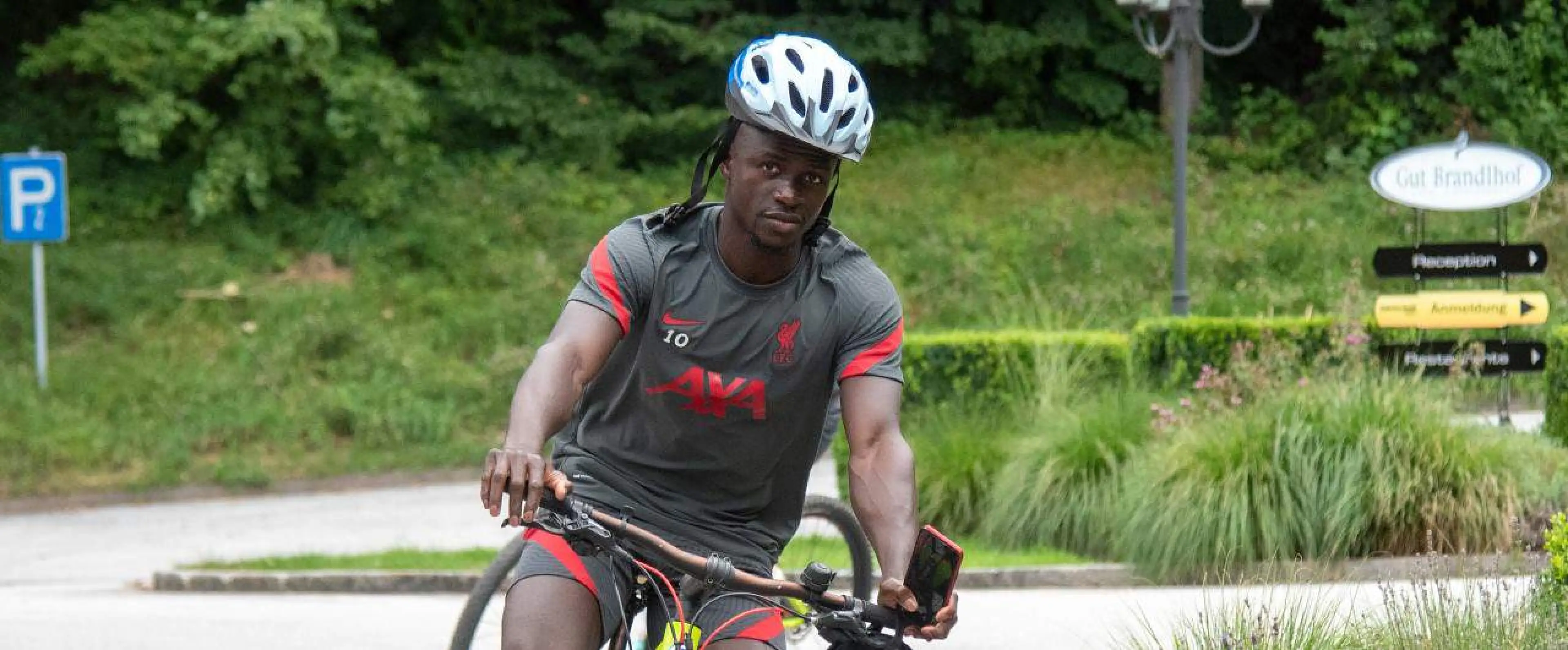What happens in pre-season?
Published:
We look at how clubs are preparing for the new campaign
Last summer, as Manchester City planned their title defence, Pep Guardiola said: “If we want to continue the success we’ve enjoyed over the last two seasons, a positive pre-season is vital.”
City didn’t ultimately go on to replicate their previous success in the season just gone, but Guardiola’s sentiments about pre-season will be shared by many of his peers.
Pre-season is when teams get themselves into shape for the long campaign ahead, both physically and tactically.
This summer throws up additional challenges with the coronavirus pandemic, so we’ve looked at how clubs are getting ready.
Rest
After a long slog of a season, players need time to recover from fatigue and any niggling injuries. However, the enforced break earlier this year means that there will be a condensed off-season.
Man City and Manchester United’s progress in Europe means they’ll be given an additional week before their first Premier League fixture, but Arsenal will only have four weeks between the FA Cup final and this weekend’s Community Shield – they’re 19/5 to beat Liverpool.
Players often jet off to locations around the world during their time off, though quarantine rules made that much more complicated this year.
Medical checks and fitness tests
Clubs will now give their players a fitness plan to follow while they’re on holiday to ensure they stay in shape. They can’t get away with not following it either – they’ll be put through a series of assessments when they return to the training ground.
Blood and psychometric tests help to form a picture of the player’s overall well-being, while musculoskeletal assessment highlights any muscles or joints that could cause injury issues.
Players are also measured for their VO2 max intake, body composition, body fat, speed, agility and vertical jump.
Physical training
The shortened season means that physical conditioning will be vital this term – when squads are stretched and games are coming every three days, only the fittest teams will be able to perform near their best.
In years gone by, managers would send their players on exhausting cross-country runs to build their stamina. Modern bosses tend to break fitness work up into shorter bursts now – it reduces the chance of injury and keeps the players more engaged.
Fartlek runs and yo-yo tests are some of the exercises used nowadays, though some managers prefer to combine this fitness work with exercises that use the ball.
Players will also have their own programs to follow in the gym to work on strength and conditioning.
Tactics
Once fitness is up to scratch, it’s time for the manager to get his tactical ideas for the season across.
Whether they want to dictate possession or play on the break, press high or sit deep, they’ll want every player in the squad to have a clear understanding of what’s required of them.
Many clubs now film their training sessions with drones so they can be used for video analysis, while stats such as XG (Expected Goals) are used to highlight areas that can be improved.
With so many games packed in during the upcoming season, these weeks are vital. Most midweek sessions will be about recovery rather than finetuning tactics.
Pre-season tours
Pre-season tours are big business now. In a normal summer, you’d see many Premier League sides heading overseas – both to play a few friendlies and to raise their commercial profile. However, trips to the usual destinations including the USA and China are logistical nightmares now given the global pandemic.
That means no participation in tournaments such as the International Champions Cup and no opportunities for fans in other parts of the world to see their heroes up close. With income already reduced by the lack of fans in stadiums, the money these tours bring in could be badly missed.
Liverpool are one of the few clubs to have left the country for their preparations. Jurgen Klopp prefers a low-key training camp and he’d hoped to return to Evian-les-Bains in France for the third successive summer, though quarantine regulations meant they ultimately went to Saalfelden in Austria.
While the Reds were away, the UK government declared that anyone entering the UK from Austria would have to self-isolate for 14 days following their return. Liverpool were able to secure an exemption as an elite sports side, but the situation highlights the risks involved with travel for clubs now.
Friendlies
In the absence of glamourous friendlies abroad, most clubs are arranging games against sides based relatively close to them. Tottenham have faced Ipswich, Everton played Blackpool and Arsenal have a game lined up against MK Dons.
These games play an important role in building match fitness ahead of the season and allow managers to test out new tactical plans.
They also help new signings to get used to their teammates, while players on the fringes will be looking to impress and earn a starting spot for the real action.
Transfers
Of course, while all of this is going on, clubs will also be looking at ways to improve their side in the transfer market.
With funds at a premium this summer and the transfer window set to remain open until October, we could see a flurry of activity once the season has already begun to add another complication to manager’s plans.
All odds and markets correct as of date of publication








